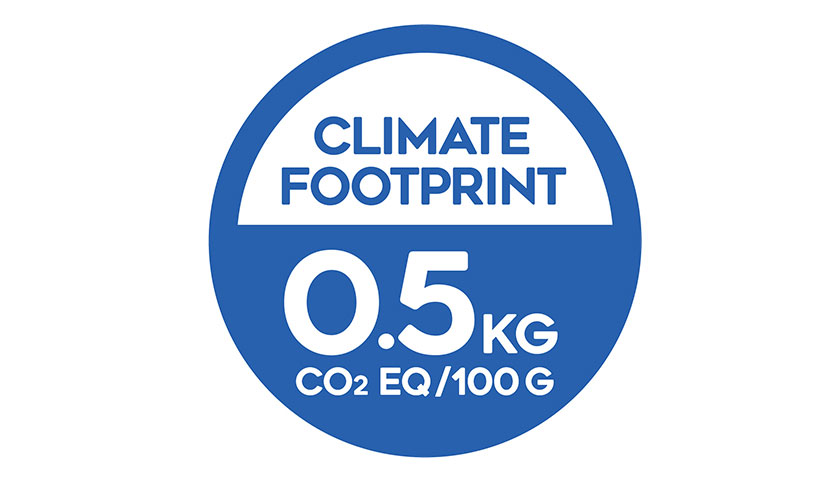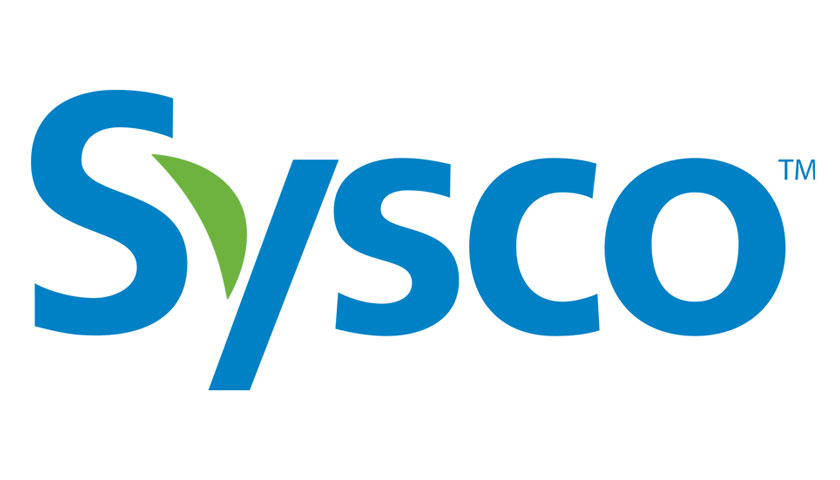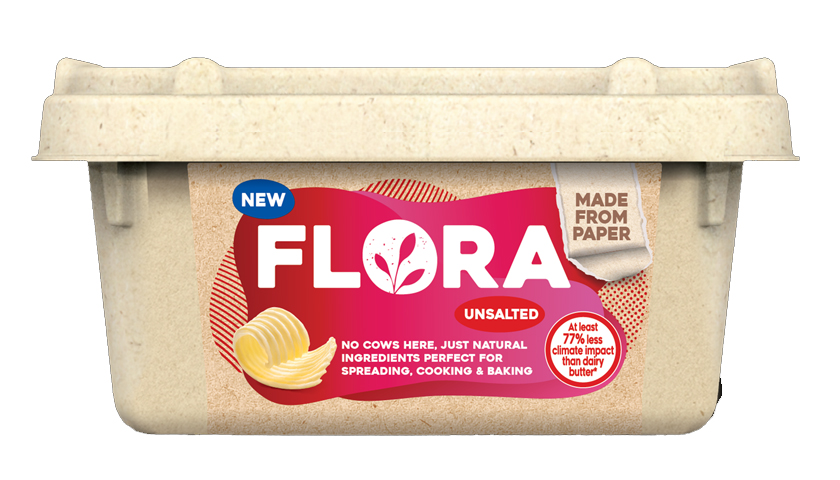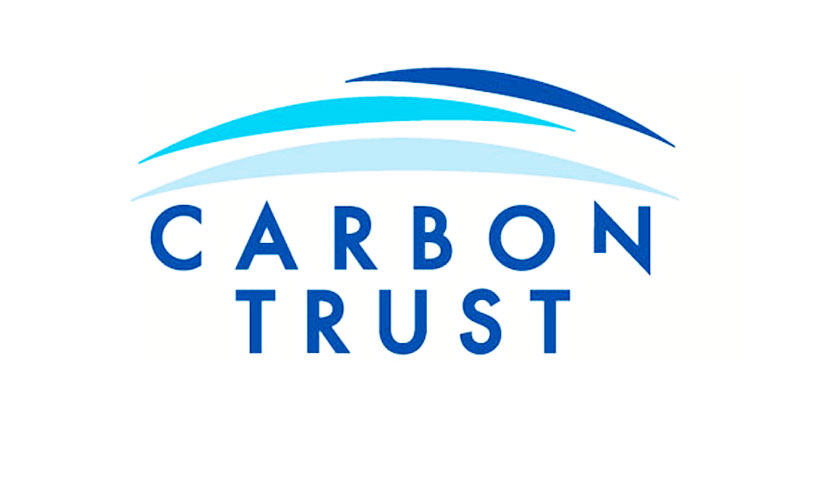Upfield has announced it is introducing on-pack carbon labelling to 100 million packs of its plant-based spreads, margarines, plant-based butters, and plant-based creams by the end of 2021. The goal is to help consumers make informed decisions about the environmental impact of the foods they choose. Brands including Country Crock Plant Butter in the United States and Flora Plant in the UK and Ireland have introduced the new labels. In the coming months Upfield plans to roll out the labels on their leading brands including Flora, Becel, ProActiv and Rama.
According to a report released last year, consumer behaviour is positively affected by carbon labelling with purchasing decisions. When consumers can make direct comparisons between different food groups they opt for food with lower environmental impacts. Consumers tend to underestimate the carbon impact of the foods they eat, so informing and inspiring them to choose foods that are not only healthier, but more sustainable, is a crucial step in the transition towards a more sustainable food system.
“Today’s food labels already provide consumers with a lot of important information about ingredients, health benefits, allergens, storage and use. By adding carbon labels, consumers will also be able to understand the impact their food choices have on our climate,” said Dr. Jeanette Fielding, Chief Corporate Affairs and Communications Officer, Upfield. “This initiative will support the transition to a more sustainable food system, using full disclosure and transparency as a key motivator for sustainable food choices. We call upon our industry peers to follow suit and implement on-pack carbon labelling now.”
Following an initial study in 2016, Upfield commissioned Swiss sustainability consultancy Quantis to independently assess the environmental impact of the entire life cycle Upfield’s products. The results were published in a peer-reviewed study in the International Journal of Life Cycle Assessment. The study, conducted across 21 markets in Europe and North America, found that Upfield’s plant-based margarines and spreads have on average a 70% smaller carbon footprint, use half the amount of water and occupy 2/3 less land than dairy butter.
“Upfield is committed to assessing the environmental impact of our plant-based foods and using these assessments to help consumers make more sustainable food choices,” said Sally Smith, Head of Sustainability, Upfield. “Living within environmental limits for a growing global population requires a shift from growers, manufacturers and consumers. Sharing science-based environmental assessments is the only responsible way of communicating to consumers the climate impact of their food choices.”
The urgency to transition to a sustainable food system is laid out in the landmark reports from the EAT-Lancet Commission, the World Resources Institute and the Intergovernmental Panel on Climate Change (IPCC). In 2019 the IPCC studied analyses found that plant-based diets could ensure adequate food production by 2050, using less land than is currently used, allowing considerable forest regeneration, and reducing land-based GHG emissions by up to one third of the ‘business-as-usual’ case for 2050. A vast positive impact can be made by consciously choosing foods with lower emissions.



